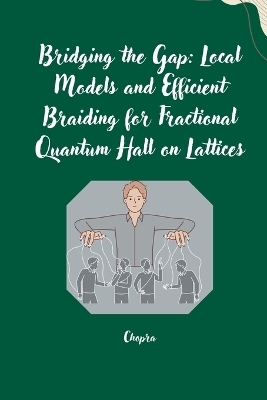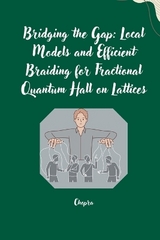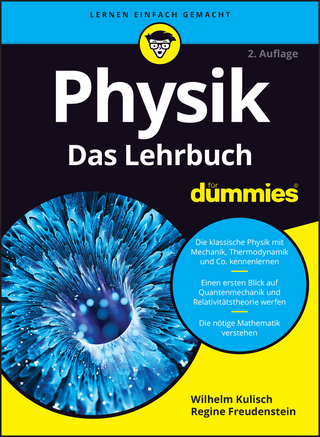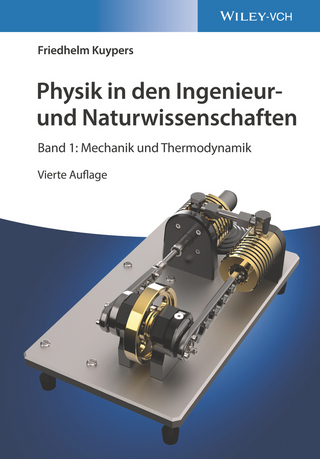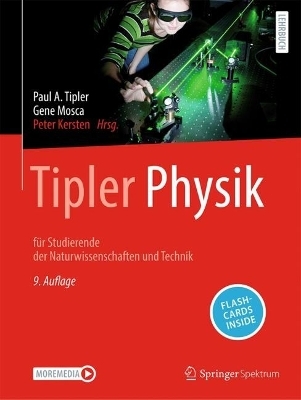Bridging the Gap: Local Models and Efficient Braiding for Fractional Quantum Hall on Lattices
tredition (Verlag)
978-3-384-25460-3 (ISBN)
Dr. Chopra, for your Advanced Mathematical Modeling course, I propose "Nonlinear Tools: Theory Meets Diverse Problems." This book breaks free from the limitations of linear models and dives into the fascinating world of nonlinear mathematics. We'll bridge the gap between theoretical concepts like chaos theory and practical applications, equipping you with powerful tools to tackle real-world complexities. "Nonlinear Tools" delves into core principles, exploring nonlinear dynamics, complex systems, and the numerical methods crucial for solving these problems. We'll also analyze nonlinear differential equations and their applications across various fields. But this book goes beyond theory. We'll embark on a journey to see how these powerful tools are used in physics, chemistry, biology, even economics, finance, and social sciences, showcasing their versatility in modeling intricate systems. Furthermore, recognizing the growing importance of nonlinear tools in data analysis and AI, the book explores their role in machine learning and control systems, highlighting their problem-solving potential. "Nonlinear Tools" is a valuable resource for researchers, scientists, and engineers encountering nonlinearity, and a captivating introduction for anyone interested in the power of this branch of mathematics to revolutionize how we approach complex problems across diverse disciplines.
| Erscheint lt. Verlag | 8.6.2024 |
|---|---|
| Verlagsort | mg railway |
| Sprache | englisch |
| Maße | 155 x 234 mm |
| Gewicht | 237 g |
| Themenwelt | Naturwissenschaften ► Physik / Astronomie ► Allgemeines / Lexika |
| Naturwissenschaften ► Physik / Astronomie ► Angewandte Physik | |
| Naturwissenschaften ► Physik / Astronomie ► Quantenphysik | |
| Naturwissenschaften ► Physik / Astronomie ► Thermodynamik | |
| Schlagworte | anyons • Braiding Techniques • Fractional Quantum Hall Effect (FQHE) • High-Temperature Superconductivity • lattice models • Many-body quantum systems • Numerical simulations • Projected Entangled Pair States (PEPS) • Tensor Networks • Topological Order |
| ISBN-10 | 3-384-25460-0 / 3384254600 |
| ISBN-13 | 978-3-384-25460-3 / 9783384254603 |
| Zustand | Neuware |
| Haben Sie eine Frage zum Produkt? |
aus dem Bereich
